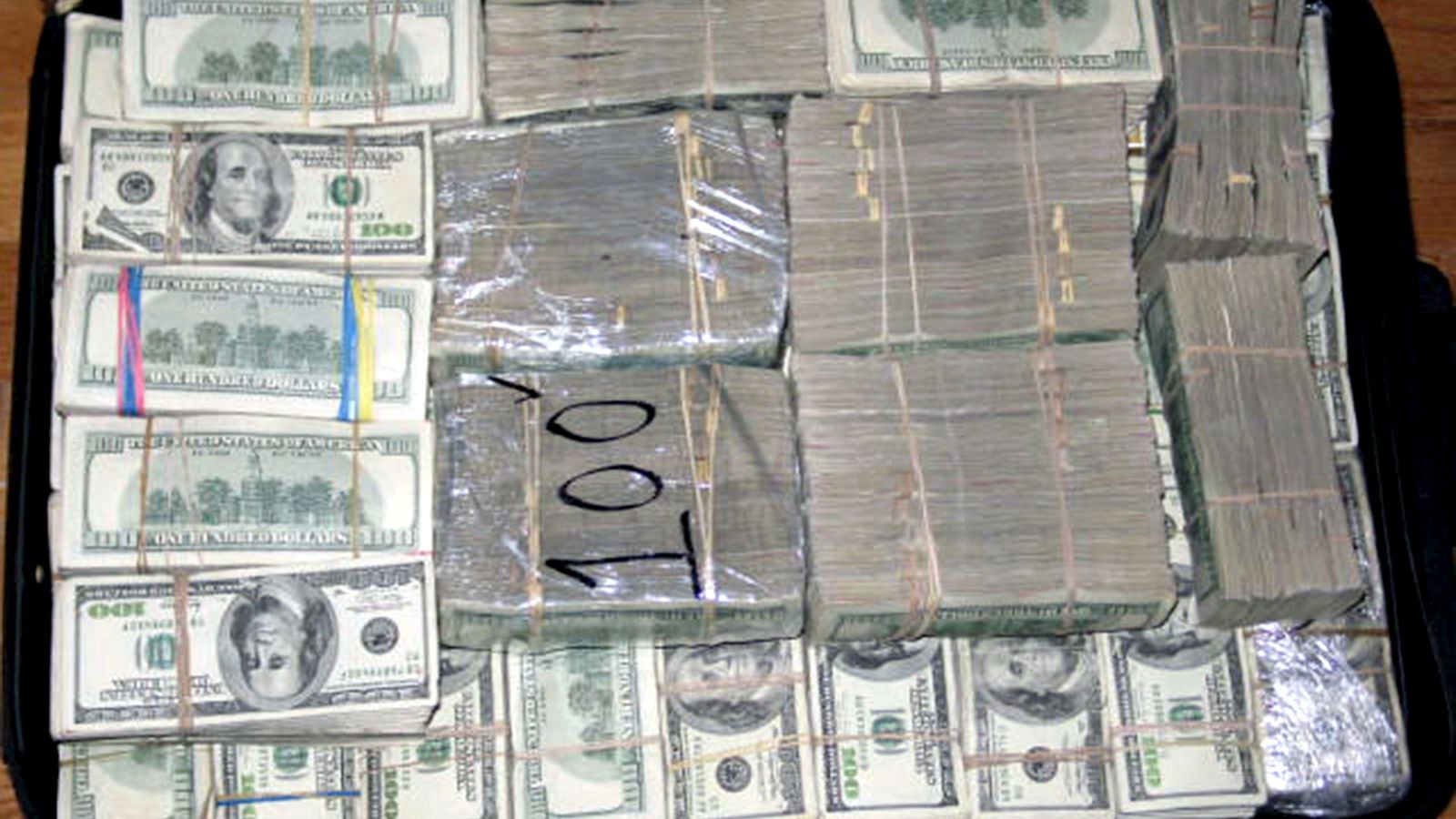Here’s who to bribe to get an unfair business advantage in another country
Baksheesh. Payola. Tea money. Bribes transcend culture, and according to a new review of 15 years of foreign bribery prosecutions, they also fly under the radar of most government officials. And even when caught, they result in weak punishments that take an average of seven years to be assigned—usually through settlements and fines that amount to less than the profit resulting from the bribe.


Baksheesh. Payola. Tea money. Bribes transcend culture, and according to a new review of 15 years of foreign bribery prosecutions, they also fly under the radar of most government officials. And even when caught, they result in weak punishments that take an average of seven years to be assigned—usually through settlements and fines that amount to less than the profit resulting from the bribe.
The review, produced by the OECD, a policy coordinating club for wealthy nations, found that most bribery prosecutions result from companies self-reporting a violation, usually following an internal audit or merger due diligence. And most international bribery happens for one reason: to gain a government procurement contract. It’s no surprise, then, that the people most likely to accept foreign bribes are employees of state-owned enterprises, followed by customs officials:

Interestingly, only 2% of heads of state who are offered bribes accepted them, but they receive the third-highest share of illicit payouts—the chance that a leader takes you up on your offer is small, but the resulting benefit can be quite high. Most bribes come from large companies in the extractive industries—oil drillers and miners—seeking valuable concessions. The “rogue employee” is rarely an excuse—53% of the time, management is involved in the bribe.
And keep this in mind: The OECD thinks this merely the tip of the iceberg. There’s a lot more cash changing hands under the table than we know about. The organization blames weak corporate compliance programs—no doubt in part a consequence of a lenient approach to prosecutions—and poor oversight from tax authorities and officials at financial intelligence agencies, who should be catching these acts as they happen.